Columbia Root-Knot Nematode Impact on Potato
Found in the western US, Columbia root-knot nematode (Meloidogyne chitwoodi) infects potato roots and tubers, causing blemishes and defects that reduce quality.
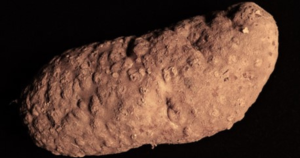
Found in the western US, Columbia root-knot nematode (Meloidogyne chitwoodi) infects potato roots and tubers, causing blemishes and defects that reduce quality.
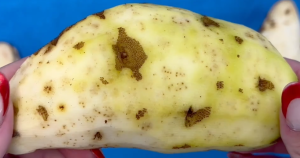
Widespread across cooler climates, northern root-knot nematode (Meloidogyne hapla) causes internal and external tuber damage that reduces potato quality.
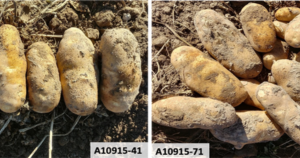
Learn about the potato selection process when evaluating crosses with nematode resistance from field trials.
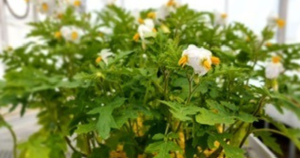
PAPAS is studying litchi tomato (Solanum sisymbriifolium) for the plant’s genetic immunity to several potato nematode species.

Targeted efforts in potato breeding programs can increase nematode resistance over time.

PAPAS is developing computational tools with Artificial Intelligence (AI) and machine learning (ML) to support potato nematode detection, mitigation, and management.
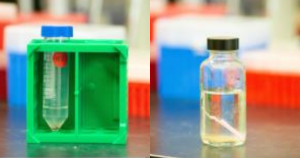
Developing molecular markers of Columbia root-knot nematode (M. Chitwoodi) aids in faster identification of the potato nematode races.
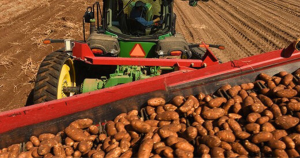
Research addressing the potential profitability of nematode resistant potato varieties.
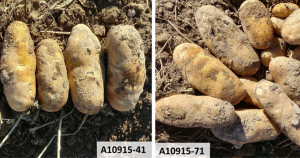
Developing potato cyst nematode resistance in widely-grown russet market class potato varieties.
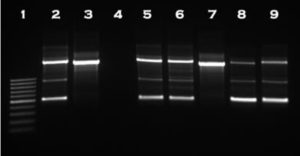
Researching molecular markers that identify different potato genes associated with nematode resistance.